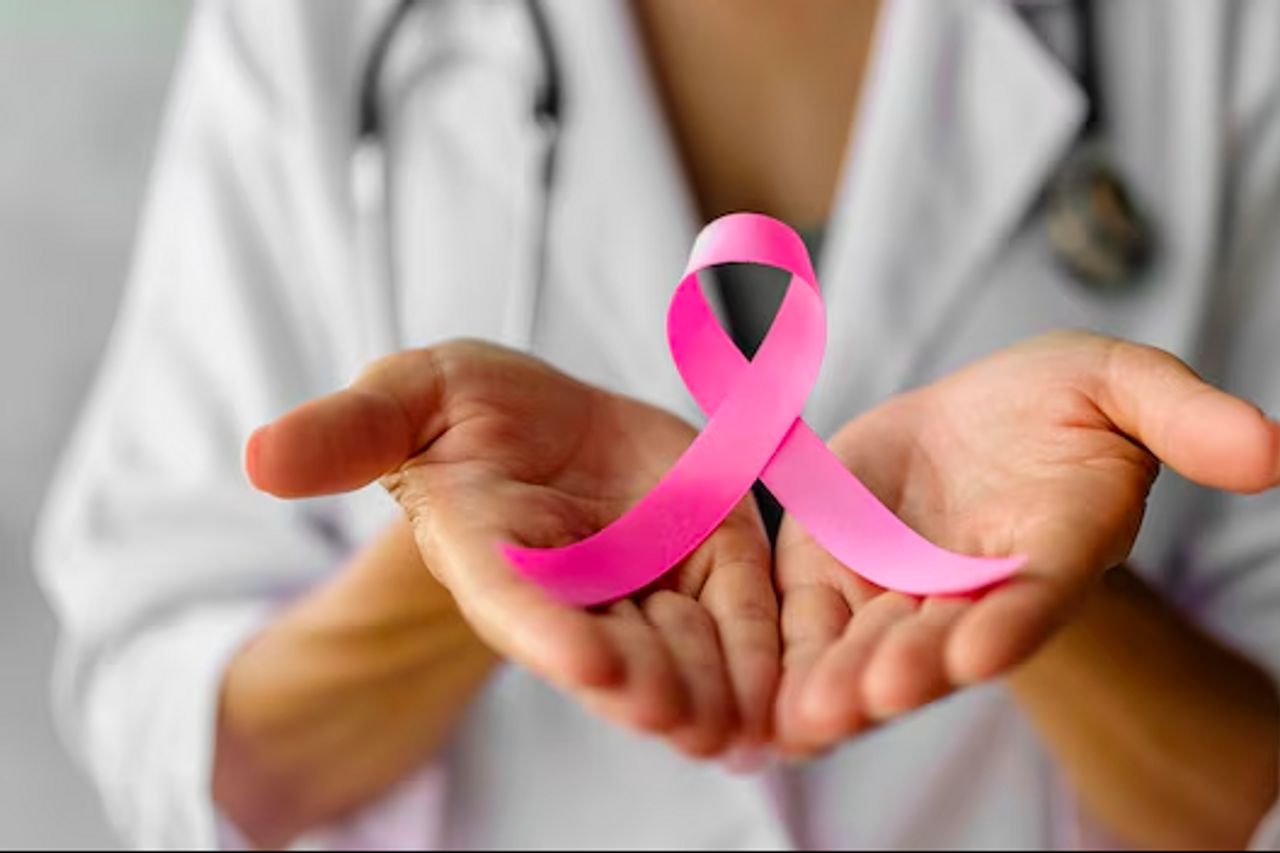Early Detection Of Breast Cancer Through 5 Signs Of Hormone Change In The Body

JAKARTA - Breast cancer remains one of the biggest health challenges for women around the world. Early detection is the key to success in treatment, and understanding hormonal changes in the body can provide significant early clues.
Hormones such as estrogen, progesteron, and even testosterone play an important role in regulating breast tissue. However, this hormonal imbalance can be an early indicator of the development of breast cancer. Here are five hormonal conditions that need to be watched out for as a warning sign.
Naturally, menstruation cycles carry hormonal changes, but fluctuations that are too extreme or unusual can be a sign of a problem.
If you experience severe breast pain, swelling, or lumps that don't disappear after menstruation ends, it's important to consult a doctor.
High estrogen levels for a long time can stimulate abnormal cell growth in breast tissue, thereby increasing the risk of cancer.
Women who experience menstruation before the age of 12 or menopause after the age of 55 have a longer exposure to estrogen.
This prolonged exposure of estrogen can increase the risk of abnormal cell growth in breast tissue, potentially causing cancer.
During pregnancy, estrogen hormone levels and progesterones increase to support fetal development.
Although this is normal, high hormone exposure in the long term can trigger rapid breast cell growth, which in some cases can develop into cancer.
If you find a lump or change in breast texture during or after pregnancy, go to the doctor immediately.
SEE ALSO:
Women undergoing hormone replacement therapy to treat menopausese symptoms often receive synthetic estrogen and progesteron.
While useful for reducing menopause discomfort, long-term HRT can increase the risk of breast cancer. Discuss in-depth with doctors to understand the benefits and risks of this therapy.
The hormonal imbalance caused by conditions such as polyactive ovarian syndrome (PCOS) or thyroid disorders can also increase the risk of breast cancer.
An increase in estrogen levels or testosterone beyond normal limits can trigger uncontrolled cell growth in breast tissue.
Periodic hormone examinations and medical consultations can help manage and reduce this risk.


